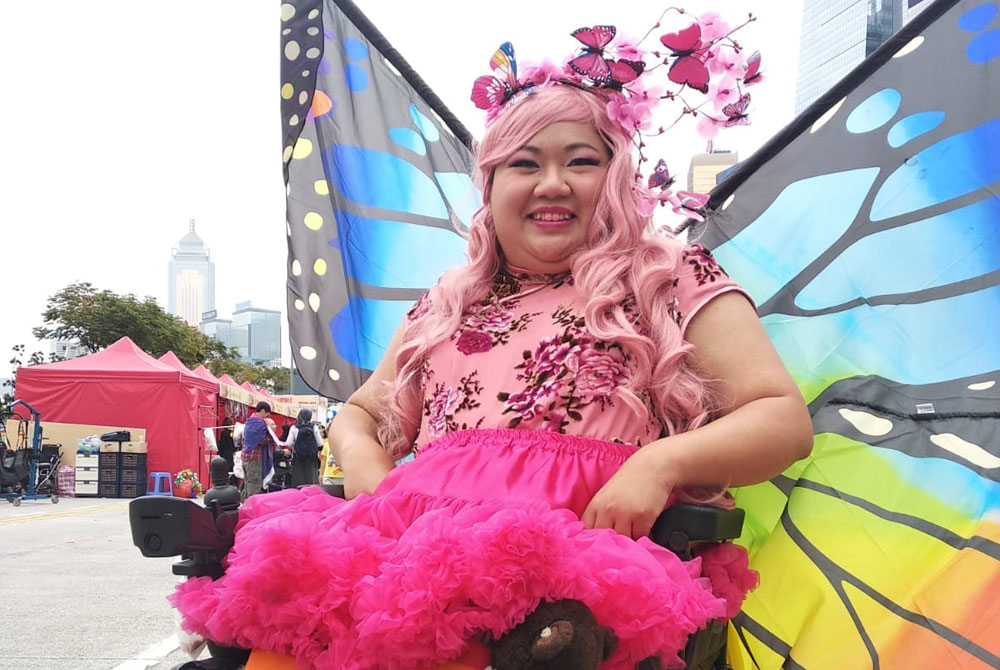Award category:
Carmen’s journey from Hong Kong to London has made her a strong global changemaker, and her work on education, research and advocacy challenges perceptions of disability and has inspired and empowered others.
In August 2022, Carmen was the only disability advocate to represent Hong Kong China at the UN Committee on the Rights of Persons with Disabilities (UNCRPD) in Geneva. She demonstrated great passion and critical thinking in conceptualising inequality issues with solid literature support and research-based evidence. She presented one report on rights and equality issues about disabled women in the Chinese community. She also presented a confidential report on the political rights and health inequality of disabled people and those who acquired disabilities as the consequences of social unrest. She also raised the urgency of strategic planning to address PTSD and other implications after social unrest. Carmen also helped to address issues related to forced marriage among disabled women and disabled human rights defenders in prison as well as contributing her lived experience related to forced migration.
From 2023/24, Carmen published four book chapters covering the sex rights of the disabled, sex volunteering services, gender-based violence against women with disabilities, and universal design of social infrastructure to meet the needs of the population. This year, she is writing three book chapters on well-being in Buddhism concepts, intersectional practice in disability social work, and practice research on disability x LGBT+ movement.
Carmen is currently having two impactful research projects. The first one is about accessible tourism and flight rights for disabled individuals. Her work will be highlighted in a documentary with Channel 4. The second one is an action research on accessibility & representativeness of disability in Pride movements. It is a co-production of practice wisdom and concerted effort among experts in accessibility, pride organizers and people with lived experiences.
This year, Carmen continued her narrative practice, “Sugar’s XXX Stories” to promote disability politics in sexuality (i.e. crip erotica) is commendable. Her previous erotica in Hong Kong was a powerful medium for promoting political and feminist ideals by challenging normative ableism and heteropatriarchy, promoting equality and sexual autonomy, empowering and giving voice to disabled individuals. Through its narratives, Carmen’s erotica contributes to a broader cultural shift towards more inclusive, respectful, and open attitudes towards sex and sexuality of disabled individuals.

Disability Power 100 profile information is self-submitted by the profile subject. Shaw Trust understands and respects that disability and impairment descriptors and language use varies from person to person. Shaw Trust assumes no responsibility or liability for any errors or discrepancies in the content of this, or any other, profile page.